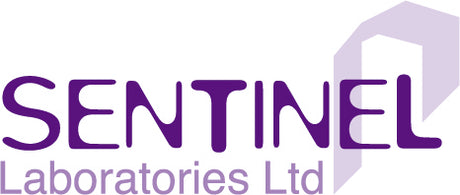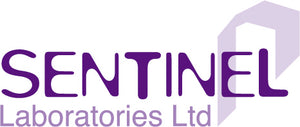What does AQL mean for the gloves I buy?
AQL stands for 'Acceptable Quality Level' when it comes to gloves, particularly disposable gloves like those used in medical, laboratory, or food service settings. AQL is a statistical measure used to assess the quality of a batch or lot of gloves and determine whether it meets certain quality standards.
Here's how AQL works in the context of gloves:
-
Sampling: When a manufacturer produces a large batch of gloves, they don't typically inspect every single glove individually for defects, as it would be impractical and time-consuming. Instead, they take a representative sample from the batch.
-
Inspection: The sample of gloves is then subjected to a thorough inspection for various quality attributes, such as thickness, length, texture, and the absence of defects like tears, pinholes, or irregularities.
-
AQL Level: The manufacturer or quality control organization sets a specific AQL level that defines the maximum allowable number of defective gloves within the sample. For example, an AQL of 1.5 might mean that no more than 1.5% of the gloves in the sample can have defects.
-
Acceptance or Rejection: Based on the inspection results, if the number of defective gloves in the sample is within the AQL limit, the entire batch is considered acceptable and can be shipped to customers. If the number of defects exceeds the AQL limit, the batch may be rejected, and corrective actions may be taken.
AQL levels are typically specified in international standards and guidelines, and they can vary depending on the intended use of the gloves. For critical applications like surgical gloves in the healthcare industry, a lower AQL level (e.g., 0.65) is often required to ensure a very high level of quality and safety. In less critical applications, like food handling or general-purpose gloves, a higher AQL level (e.g., 4.0) may be acceptable.
In summary, AQL is a quality control measure used to assess the level of defects or imperfections in a batch of gloves, helping ensure that they meet established quality standards and are suitable for their intended purpose.





Leave a comment